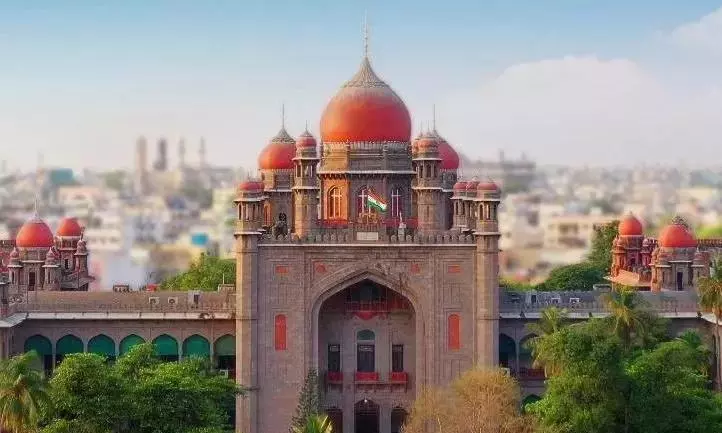
Hyderabad metro. File.
| Photo Credit: G N RAO
The success story of the Hyderabad Metro Rail (HMR) project execution has been published as a case study for the benefit of management practitioners and students by the world famous Stanford University in a rare honour in the field of management studies.
A study done by an ISB team under the leadership of Prof Ram Nidumolu on the Hyderabad Metro rail found place in the latest spring 2024 issue of ‘Stanford Social Innovation Review’ (SSIR) amidst stiff global competition from several other similar studies, said an official release on Sunday.
SSIR is a prestigious quarterly journal of Stanford University that publishes impactful and path-breaking projects, leadership styles, etc., which offer innovative solutions to the world’s endemic problems. The case study brings out the “extraordinary” skill sets displayed by HMR Managing Director NVS Reddy and his team in handling a plethora of sensitive issues and agitations to make the near impossible PPP (public, private partnership) metro rail project a reality.
The way Mr. Reddy and his team overcame the initial Maytas failure; managed numerous agitations; converted the diverse socio-religious groups and political parties which originally opposed the project into its supporters; and saved the project from innumerable court cases and other challenges were showcased as a highly effective leadership example in the study.
Recognising the HMR team’s ability to align the broader interests of the project with the often contradictory individual interests of diverse stakeholders including the Concessionaire, the lending banks, owners of affected properties, trade associations, hawker unions, opposing socio-religious and political parties etc.
The study attributed this mammoth achievement to the MD for not acting “like a typical bureaucrat” but as someone who exhibited an “entrepreneurial mindset”. With “passion and commitment” to the project, he continuously followed an “inclusive stakeholder policy” and “transparent communication style”, the study indicated.
Based on this successful leadership experience, the study developed a new concept of stakeholder management and indicated that management practitioners can learn a lot from the Hyderabad Metro experience as to how to build mega public purpose infrastructure projects through private sector capital and resources, with deep engagement of all stakeholders including media for the broader social good.
The case study further observed, “as Hyderabad continues to grow, the metro rail will undoubtedly play a vital role in shaping its future, offering an enduring example of democratic leadership that dared to dream big for the common good”, the release added.





